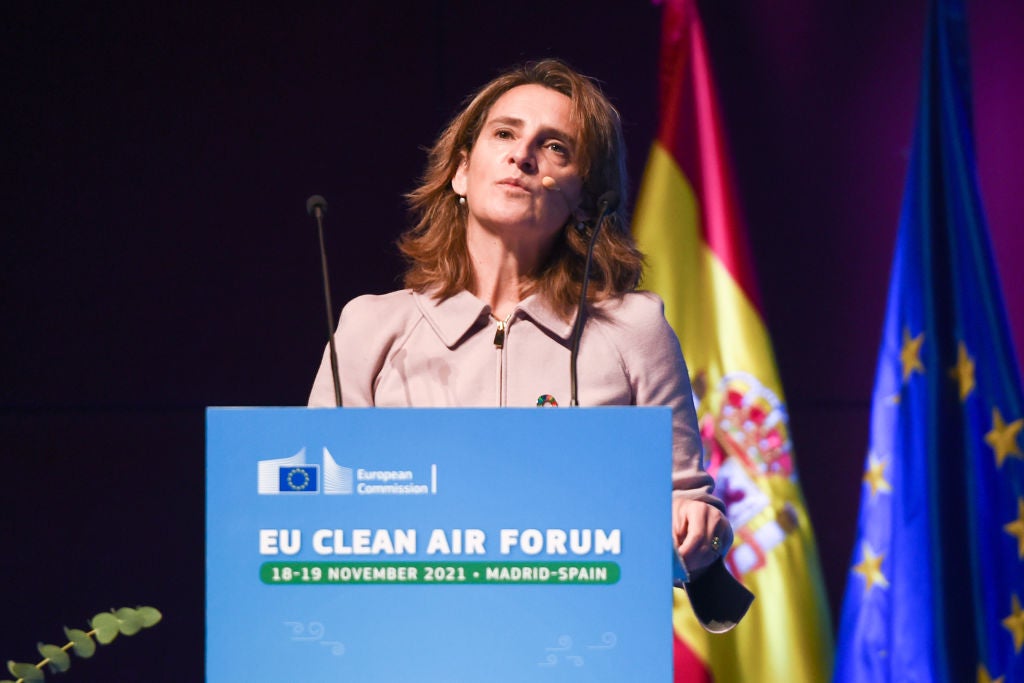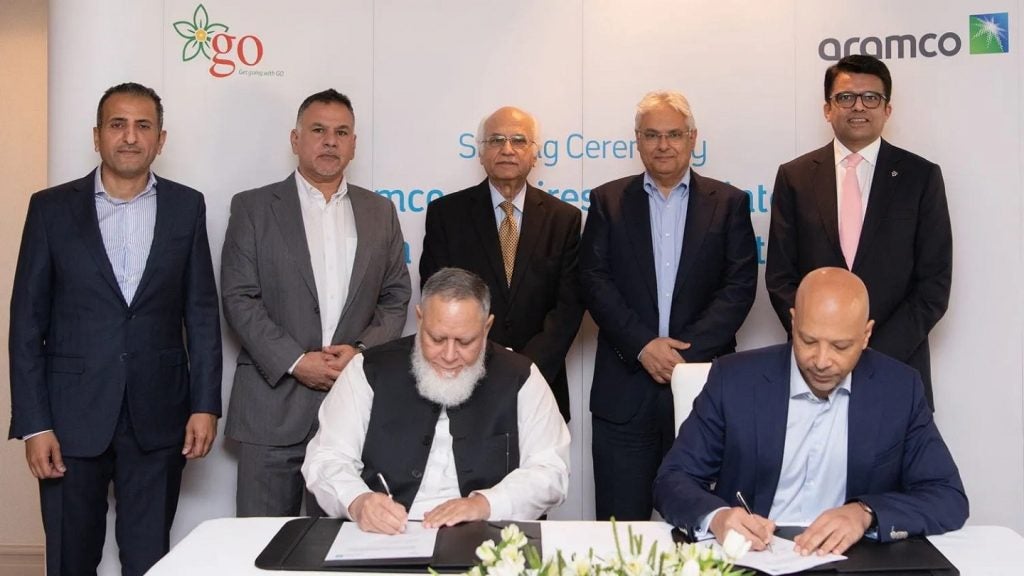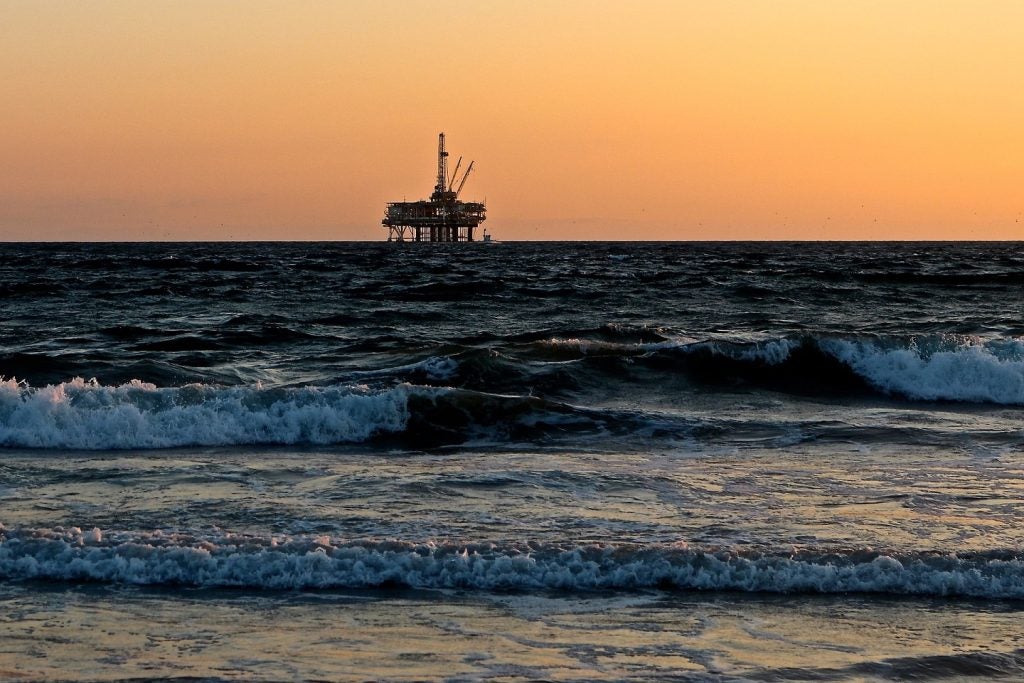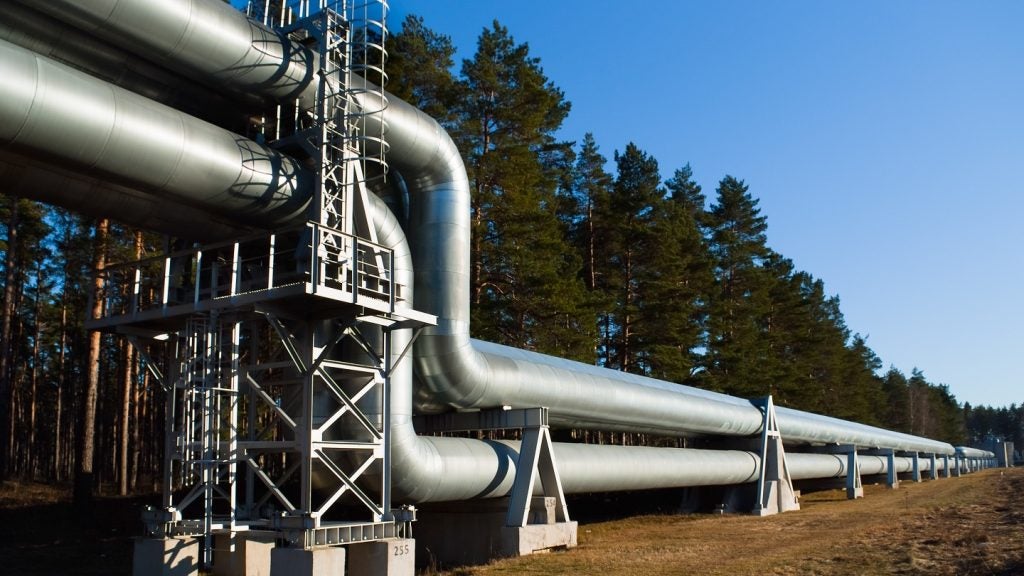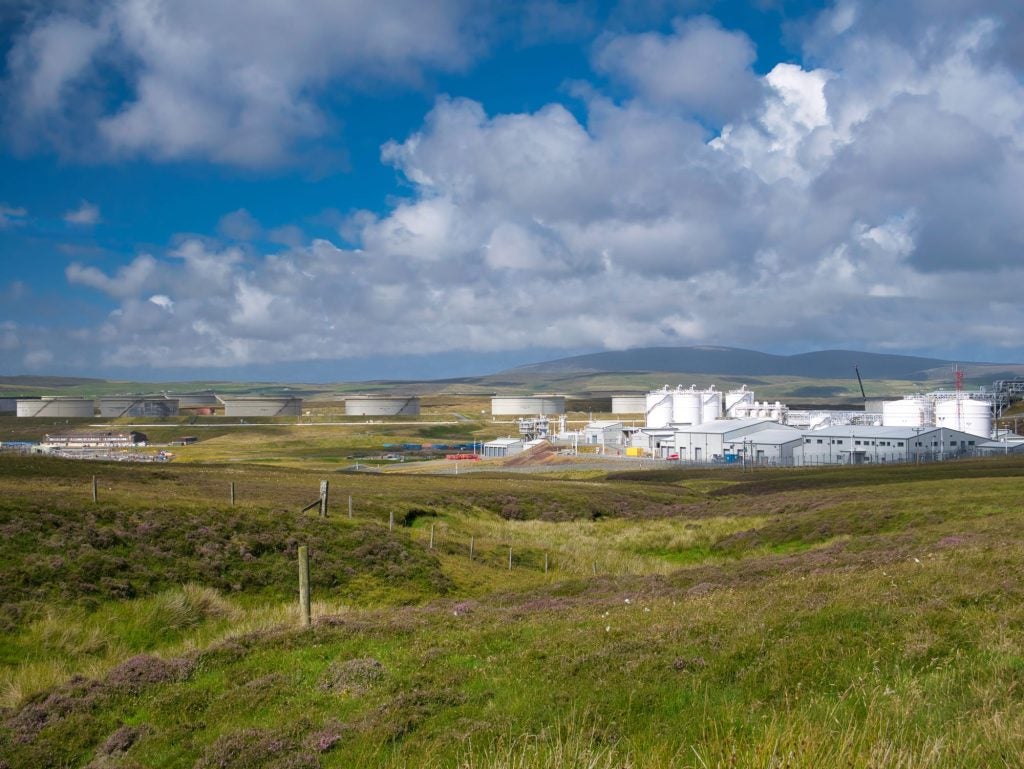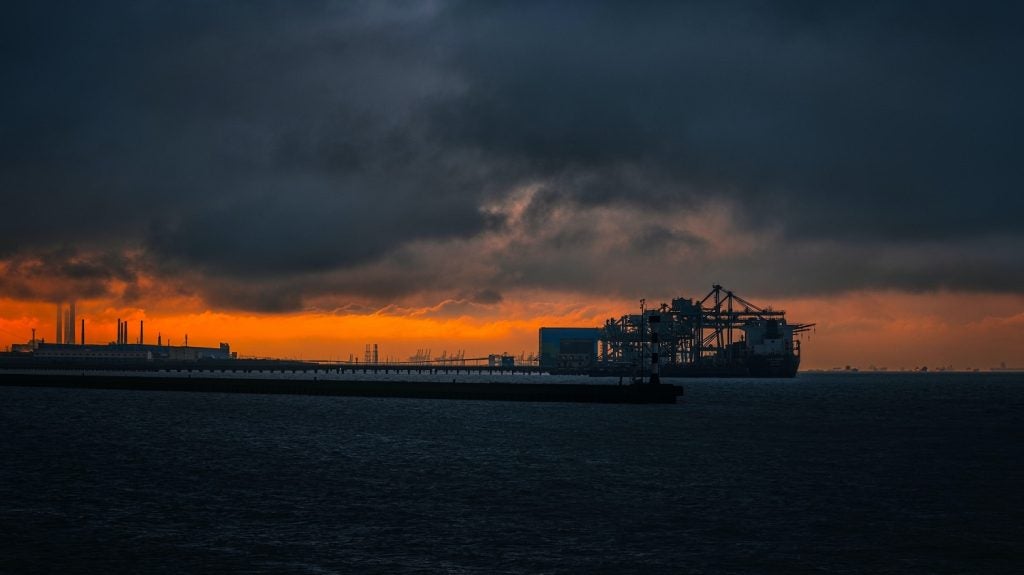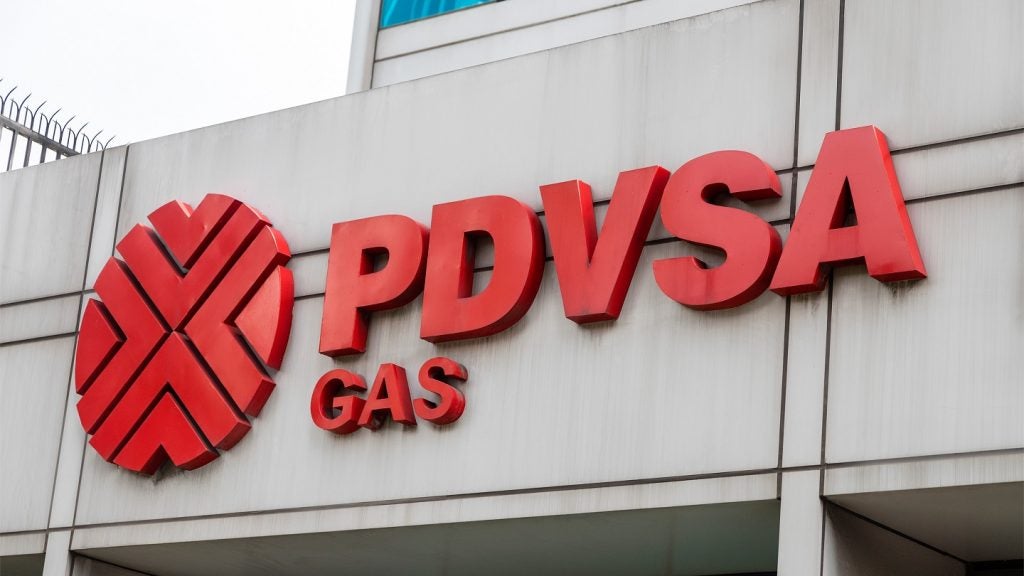The EU reached a deal on Friday to establish a grid planning body that will gradually become independent from existing gas network operators, bringing negotiations on the bloc’s hydrogen policy to a close.
A partial agreement was achieved at the end of November on rules for internal hydrogen and gas markets, but disagreement between the Council and Parliament over biogas targets and EU procurement of hydrogen stopped negotiations from fully closing.
An informal deal was finally made on Friday after member states reached a series of compromises. The new provisional legislation will promote the use of biomethane and low-carbon or green hydrogen to meet the EU’s decarbonisation targets.
The proposed law is part of the EU’s hydrogen and gas markets decarbonisation package, also known as the 'Fit for 55' package – climate legislation originally tabled by the Commission in 2021 that seeks to reduce emissions in the bloc by at least 55% by 2030.
MEPs agreed on a joint purchasing system for gas, which will aggregate demand to prevent member states from competing against each other when bidding for gas, especially for refilling reserves. A voluntary system to support market development for hydrogen will also be established, set to begin as a five-year pilot project.
The strengthening of measures to boost investment in hydrogen infrastructure was a sticking point in negotiations. The legislation mandates hydrogen transmission network operators to cooperate at the EU level through the European Network of Network Operators for Hydrogen, a new governance structure established to promote dedicated hydrogen infrastructure, cross-border coordination of member states and the construction of interconnector networks.
Lead MEP Jerzy Buzek said about the deal: "After two years of intensive work on the package, we have reached a historic agreement. The compromise reached by the three co-legislators transforms the current energy market into one based primarily on two sources – green electricity and green gases.
“For the first time in history, we have created, together with a directive, a complex legal framework for the hydrogen market. This is a huge step towards meeting the EU's ambitious climate goals and making the EU more competitive on the global markets.”
The provisional law will also allow EU countries to restrict imports of Russian and Belarusian gas, a move aimed at limiting Russia’s profits from its energy products.
“We have introduced a legal option for EU countries to stop importing any gas from Russia if there is a security threat, which gives member states a tool to phase out past dependence on a dangerous monopolist,” Buzek added.
Climate experts have expressed scepticism about the overall outcome of the deal. Michaela Holl, senior advisor at the German climate think-tank Agora Energiewende, told Euractiv: “The gas package deal is out of sync with Europe’s energy security and climate ambitions… It will impose unnecessarily high costs on taxpayers, make it hard for new renewable hydrogen and ammonia producers to enter the market and fail to clarify what counts as ‘low-carbon’ hydrogen and biomethane.”
The provisional deal must now be formally endorsed by both the Council and Parliament, although this is usually a rubber-stamping exercise that involves no changes to agreement terms. Parliament expects a vote on this in January, ahead of recess for the European elections, due to be held in June.


